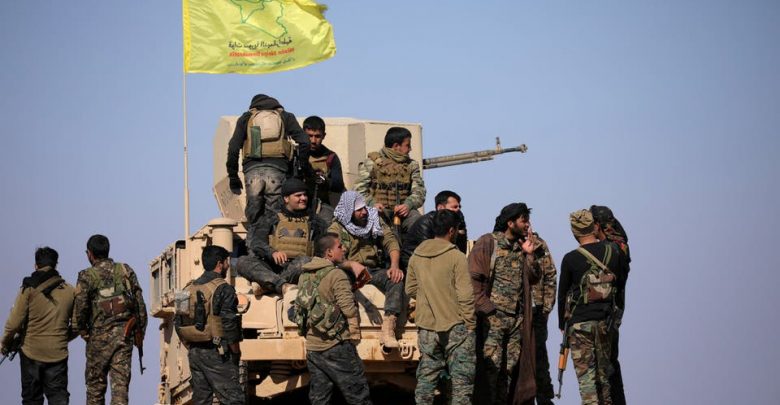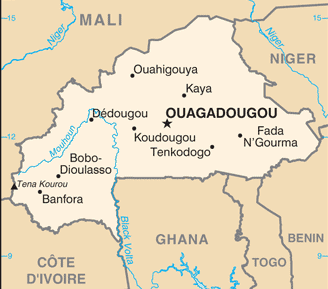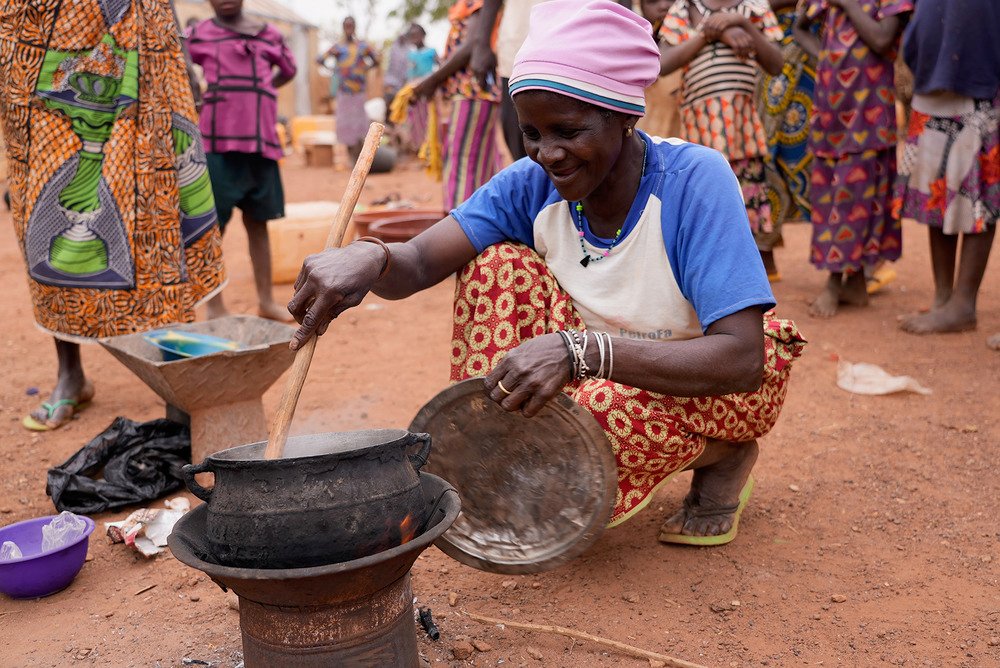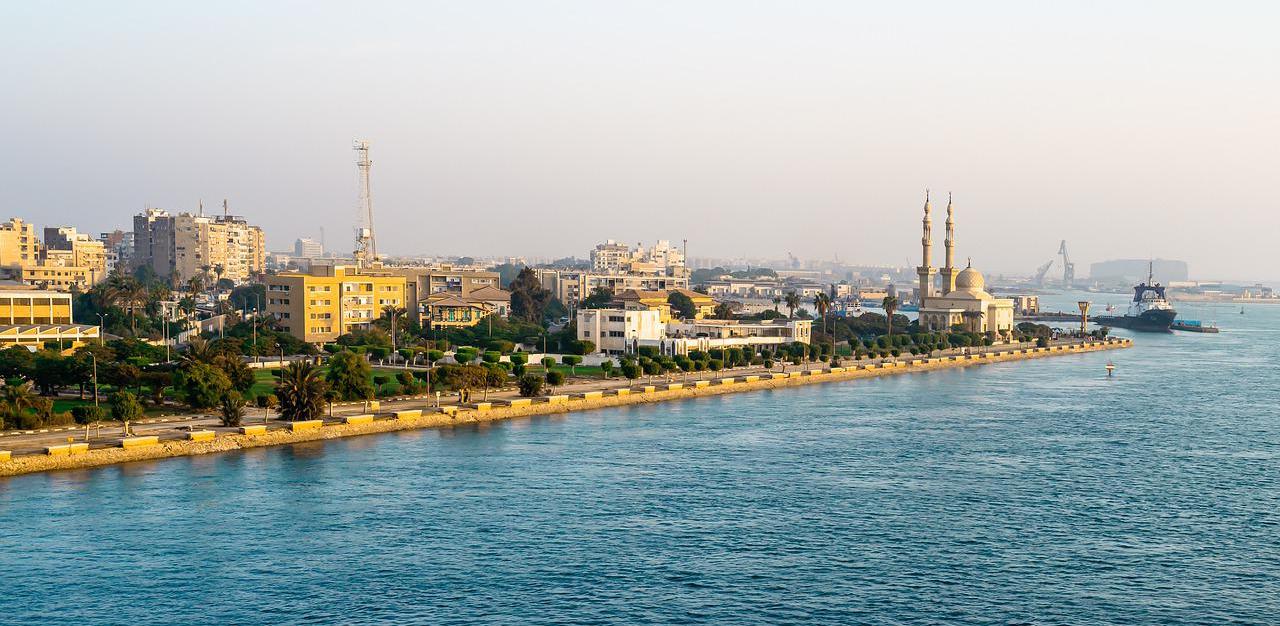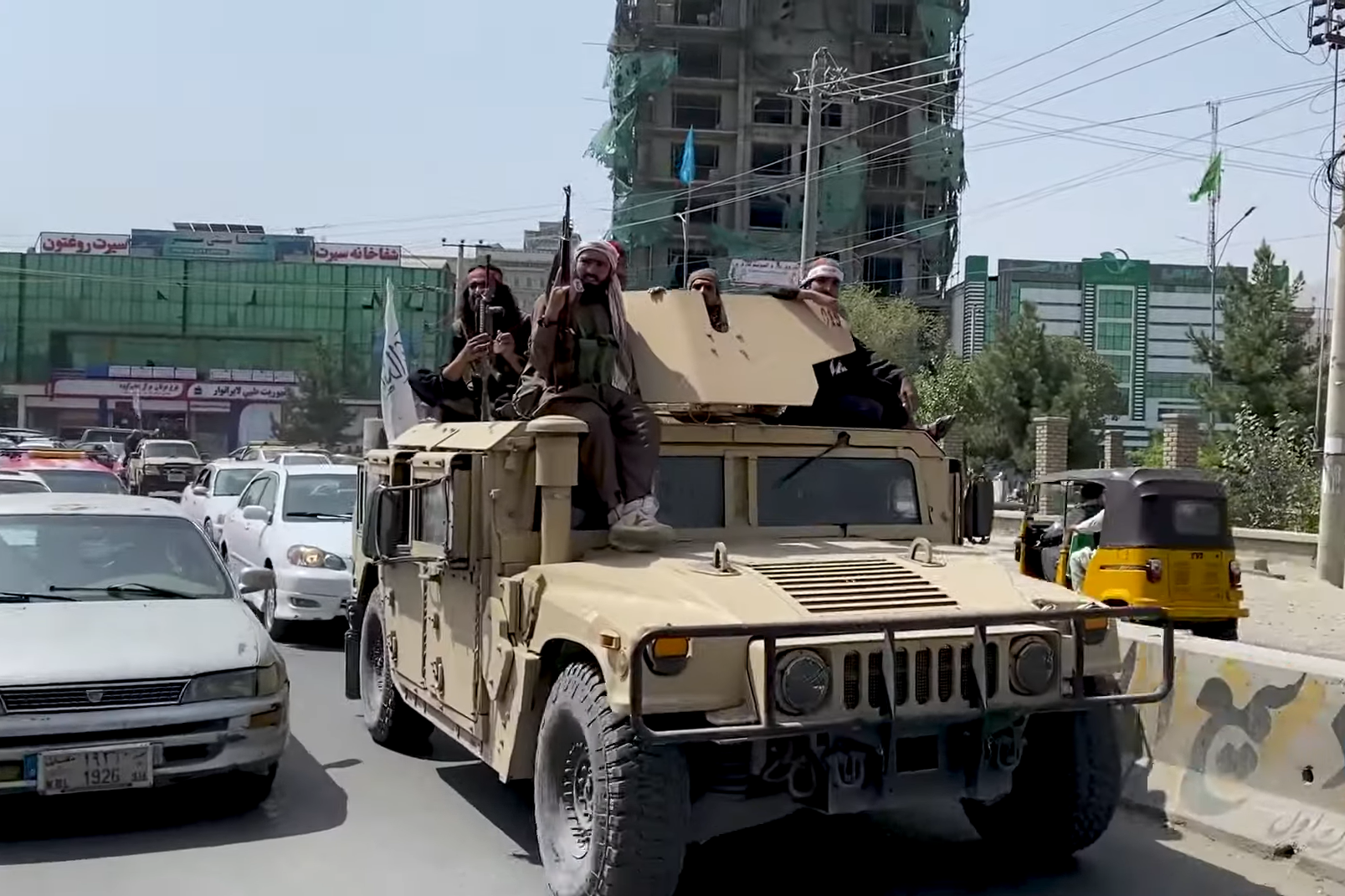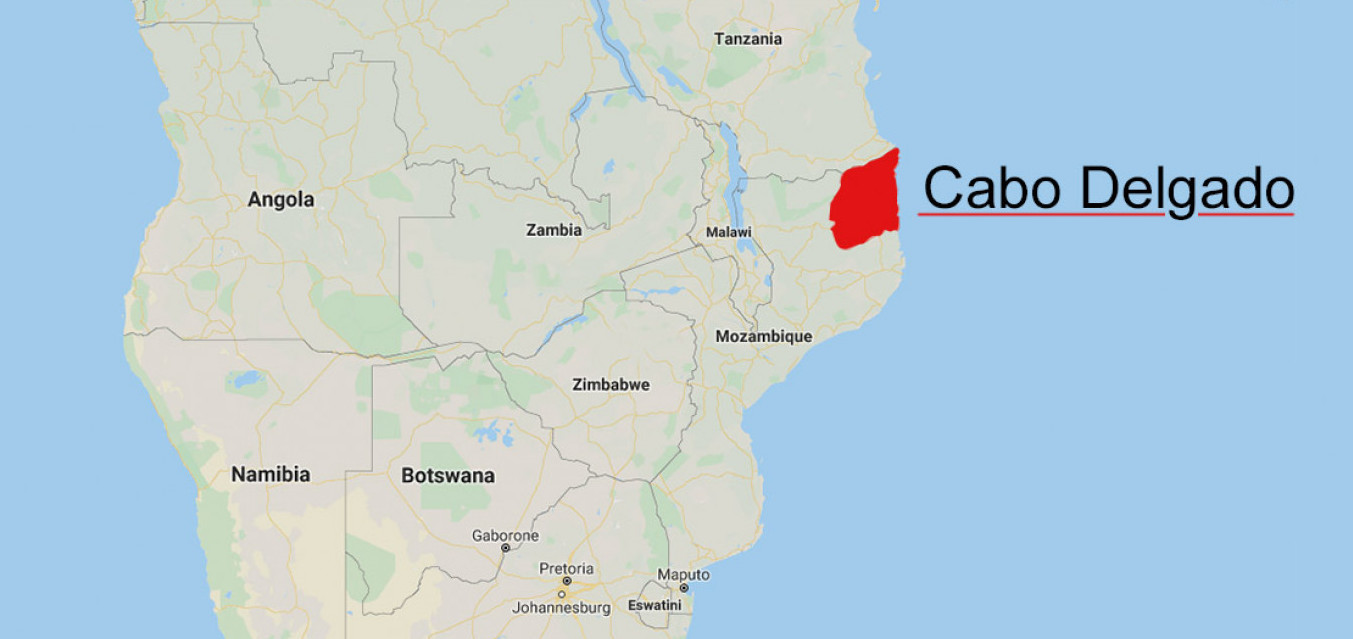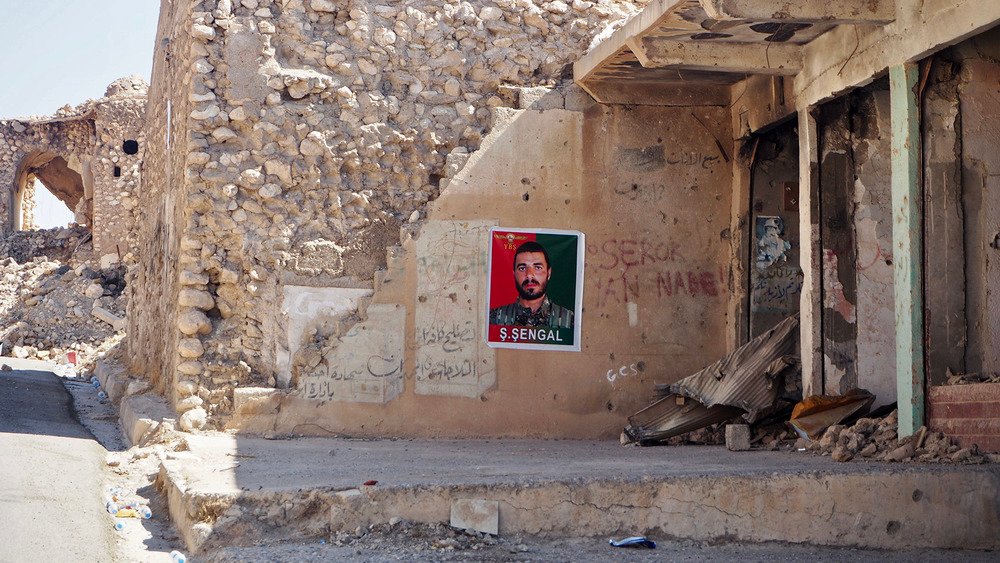
Turkey seeks Moscow ‘green light’ for assault on Rojava
Turkey is now openly seeking cooperation from Russia, foremost foreign backer of the Bashar Assad dictatorship, in a long-planned cross-border operation into northern Syria against the Kurdish autonomous zone in the region, known as Rojava. Turkish Defense Minister Hulusi Akar said: “We are in talks and discussing with Russia about all issues including opening the airspace.” Meanwhile, ISIS sleeper cells are coming to life in the extremist group’s former de facto capital of Raqqa, which is jointly occupied by the US-backed Kurdish-led Syrian Democratic Forces (SDF) and Assad regime forces. Several have been killed on both sides as presumed ISIS militants launch armed attacks on SDF positions in the city. (Image: Pixabay)



